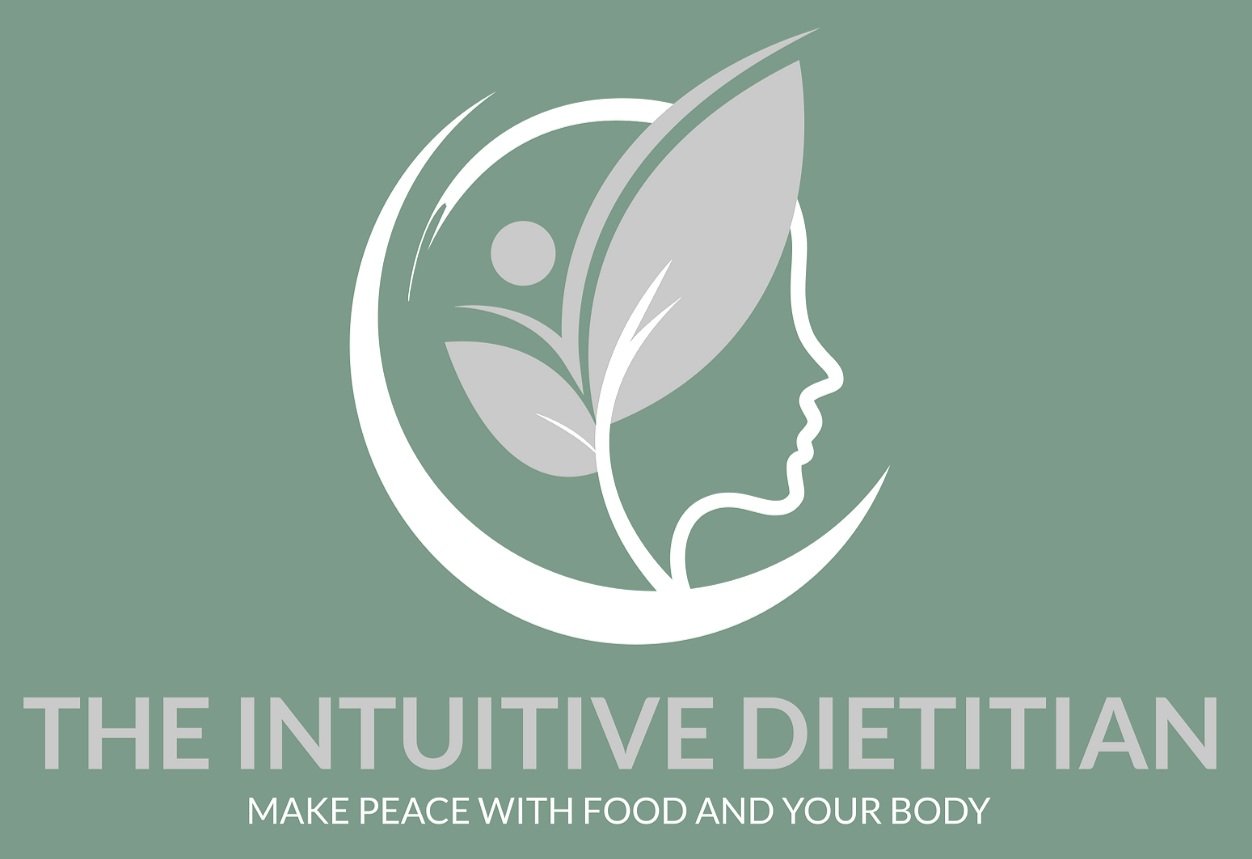Does Sugar Make My Child Hyperactive?
The idea that sugar can make children hyperactive is a commonly held belief, but scientific research does not support this claim. Multiple studies have examined the relationship between sugar consumption and hyperactivity in children, and the consensus is that there is no direct causal link between the two.
Hyperactivity in children is typically associated with factors such as genetics, environmental influences, individual temperament, and certain medical conditions. While some parents may observe an increase in activity or behavior issues in their children after consuming sugary foods or drinks, these observations are often influenced by the "sugar myth" and the power of expectation. Parents may anticipate or interpret hyperactivity when it's not necessarily related to sugar intake.
For instance, the expectation that our children will run around like wild animals after the cupcakes at a party. Once the energy burst occurs at a party the blame is placed on the sugar. Remove the sugar and the kids may still run around with the excitement of a party and some quick snack fuel to motor them.
Added sugar on a growing body
Are these growing bodies taking in too much sugar? The American Heart Association (AHA) and other health organizations have long recommended limiting added sugar consumption to improve public health.
There are many factors contributing to high sugar consumption in the United States included:
Processed Foods: Many processed, convenience foods and sugary beverages are readily available, contributing to high sugar consumption. These products often contain added sugars for flavor and preservation. These are also more affordable and can impact our nutrition disparity.
Lack of Awareness: Some people may not be fully aware of the sugar content in the foods and drinks they consume, as added sugars can be hidden under various names on food labels.
Marketing and Advertising: The marketing and advertising of sugary products can influence consumer choices, especially among children.
Lifestyle and Dietary Habits: Busy lifestyles, fast food consumption, and a preference for sweet-tasting foods and drinks have contributed to high sugar consumption.
Large Portion Sizes: Large portion sizes, including super-sized drinks, can lead to higher sugar intake.
What happens when we restrict sugar?
The research on the concept of “food addiction” was all in the presence of restriction. Our psychological response to food restrictions, especially sugar restriction, can lead to increased cravings and preoccupation with those foods. This can result in overeating when they eventually give in to this craving. For a restricted child, this may not be seen until adulthood.
Restricting foods gives the food power.
Binge Eating: Sugar restriction can sometimes trigger a binge-eating response. When someone who has restricted sugar for a while consumes it in large quantities during a "cheat" or indulgence period, they might overeat in an attempt to satisfy cravings.
Deprivation and Guilt: Restricting sugar can create a sense of deprivation and guilt around sweet treats. This emotional relationship with food can lead to overeating when people finally allow themselves to have sugary foods.
Lack of Balanced Approach: Extreme restrictions or fad diets that completely eliminate sugar without offering healthier alternatives can make it challenging to maintain a balanced diet, which may lead to overeating or compensatory behavior.
What is the best approach at home?
Modeling a healthy relationship with ALL foods is a great gift that you can offer your children. Children start off as intuitive eaters. I remember my two year olds firmly stating “NO” or “All Done” during meals. We can foster those intuitive eaters and continue those good habits.
Sugar isn’t a reward for finishing a plate of food, regardless of your hunger.
Sugar isn’t something that is ‘bad’ or makes you fat.
Sugar isn’t addictive.
Sugar is a source of fuel and can make things taste pretty delicious, in my humble opinion.
Integrate sugar without labels but with some consciousness of health.
As a parent, it’s reasonable to limit sugar sweetened drinks or excess packaged foods that are offered at meals or snacks. How would it look to offer small amounts of fun food along with the meals? Place a small cookie on the dinner plate to be eaten with dinner rather than a prize. Add a chocolate kiss in the bento box.
This same strategy works with adults. Fuel your body through the day and add the fun food in with a meal. Take time to really savor the taste of that fun food. Nutrition is a balance of nutrients and savoring our foods. There needs to be some consciousness in our nutrition and in our ability to savor that nutrition.
Interested in learning more or ready for 1:1 nutrition therapy? Book a free discovery call HERE.

